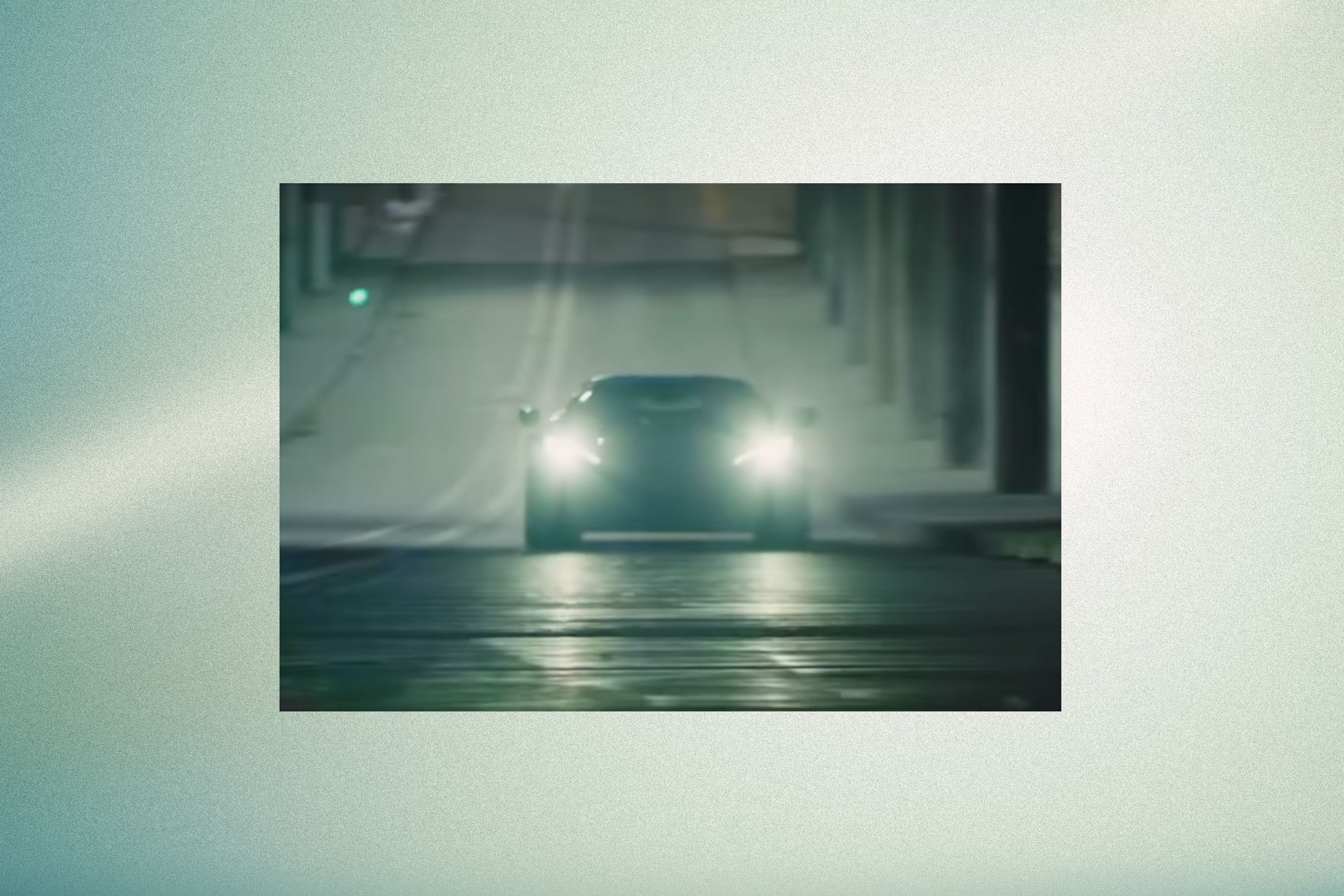2023 is the 70th anniversary of the Corvette — and to celebrate, Chevrolet has just teased a new version launching on January 17, 2023. Judging from the video, it should be the most revolutionary C8 Corvette yet. And that’s saying something, considering the C8 already moved the Corvette to a mid-engine layout and ditched the manual transmission.
We’ve already seen the Corvette Stingray and the naturally-aspirated Z06. Judging from the “Stealth Mode” depicted in the teaser, the next Corvette is likely the E-Ray, which will be the first hybrid and the first all-wheel drive Corvette (all previous versions have been rear-wheel drive) in the nameplate’s 70-year history.
What do we know about the Corvette E-Ray?
According to previous reporting, the 2024 E-Ray will use the Stingray’s 495-hp 6.2-liter V8 engine as the powertrain’s gas component with a (likely standard, rather than plug-in) electric motor for around 650 horsepower. Like the Ferrari SF90 Stradale, the Corvette E-Ray may use the electric motor as a FWD “e-booster” on the front axle — either from a single motor or dual motors — that would allow the E-Ray to accelerate to low speeds without using gas.
A configurator leak from late 2022 suggested the Corvette E-Ray could have a Regen-on-Demand button that would allow aggressive power recovery and one-pedal driving.



